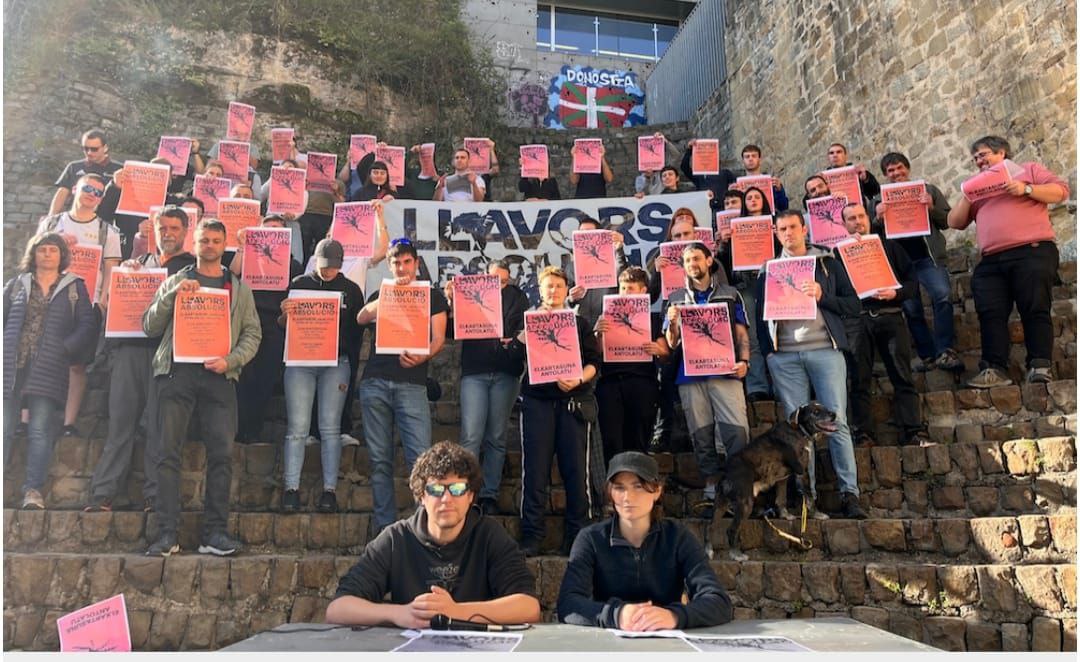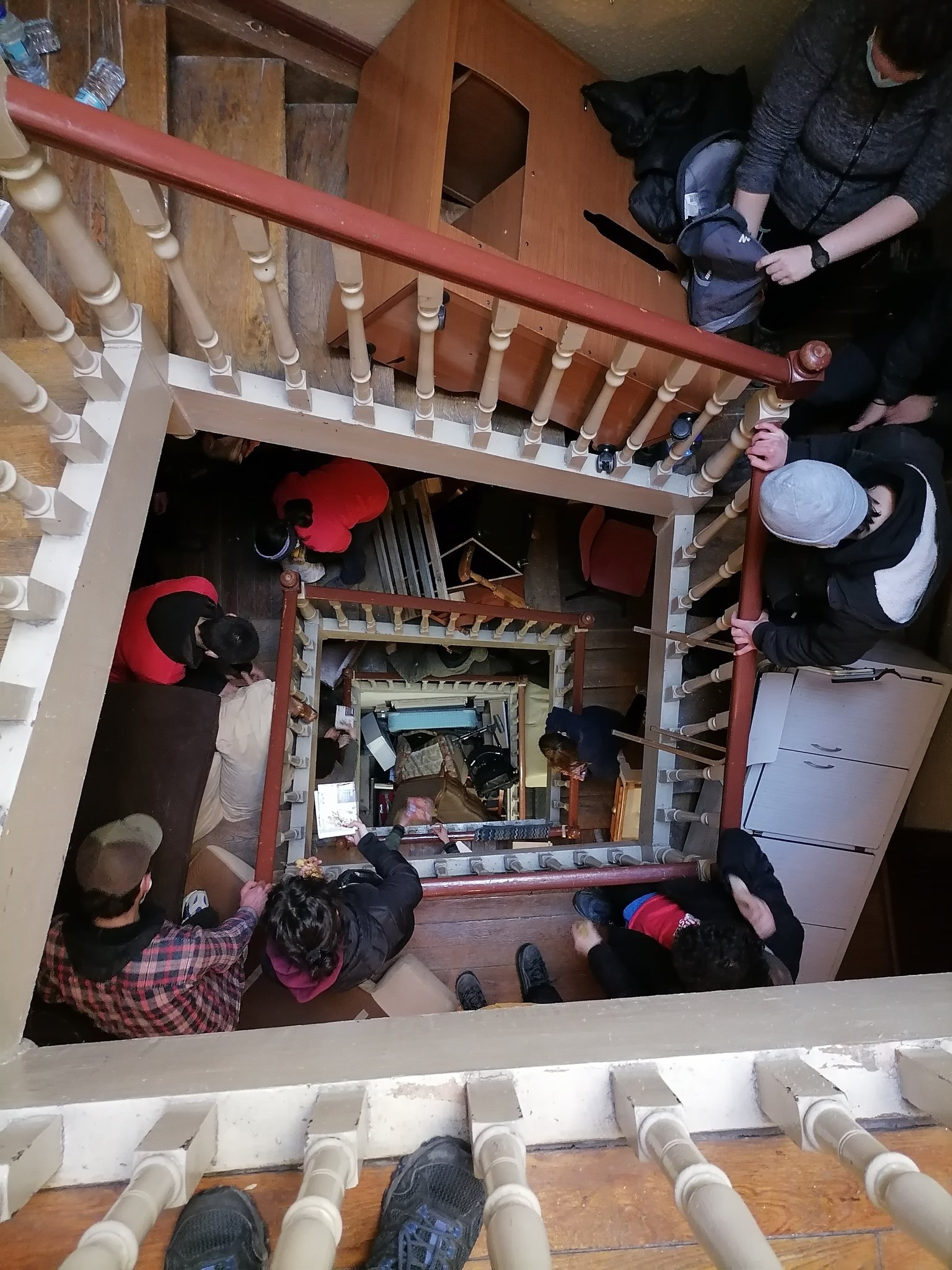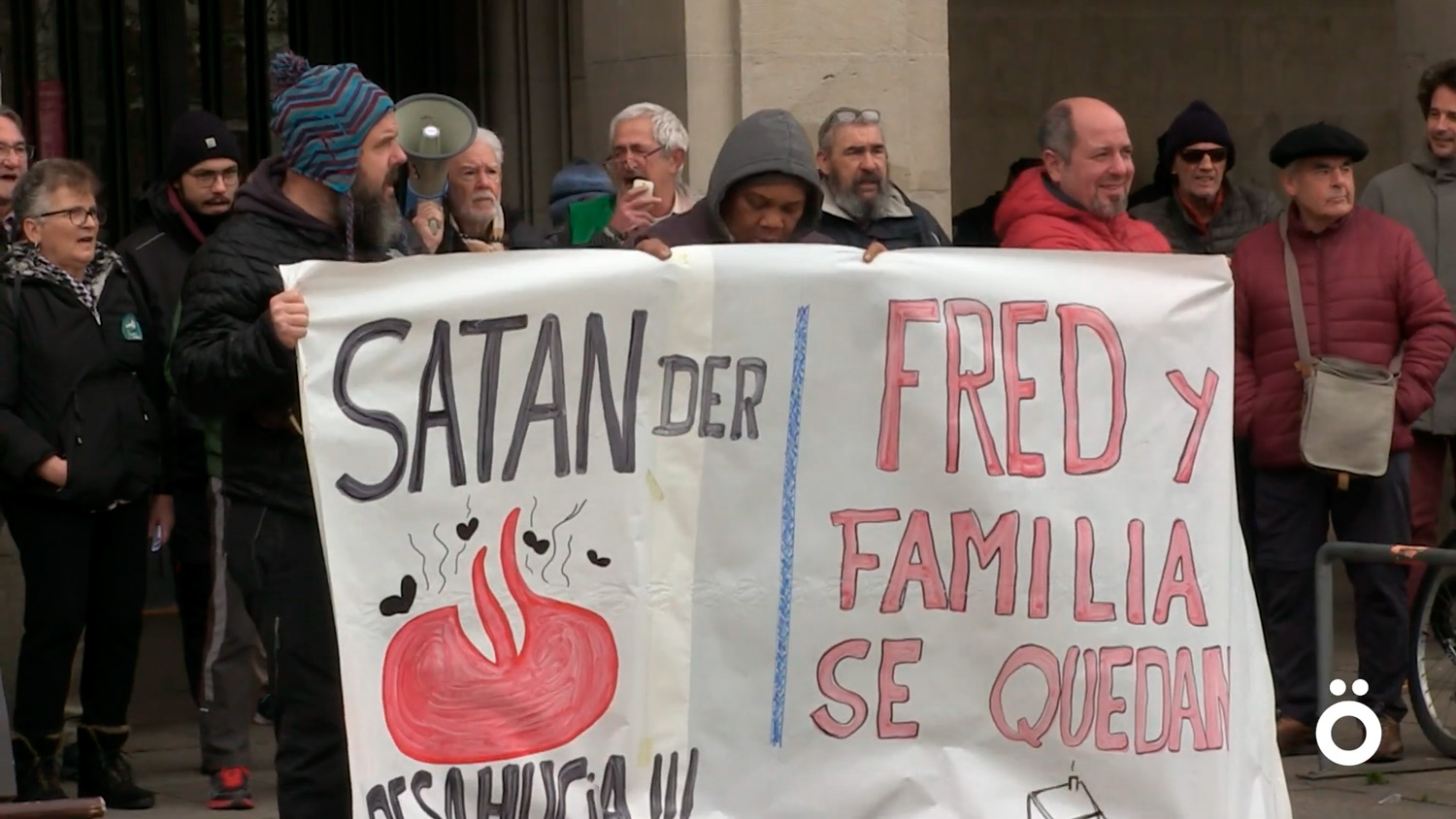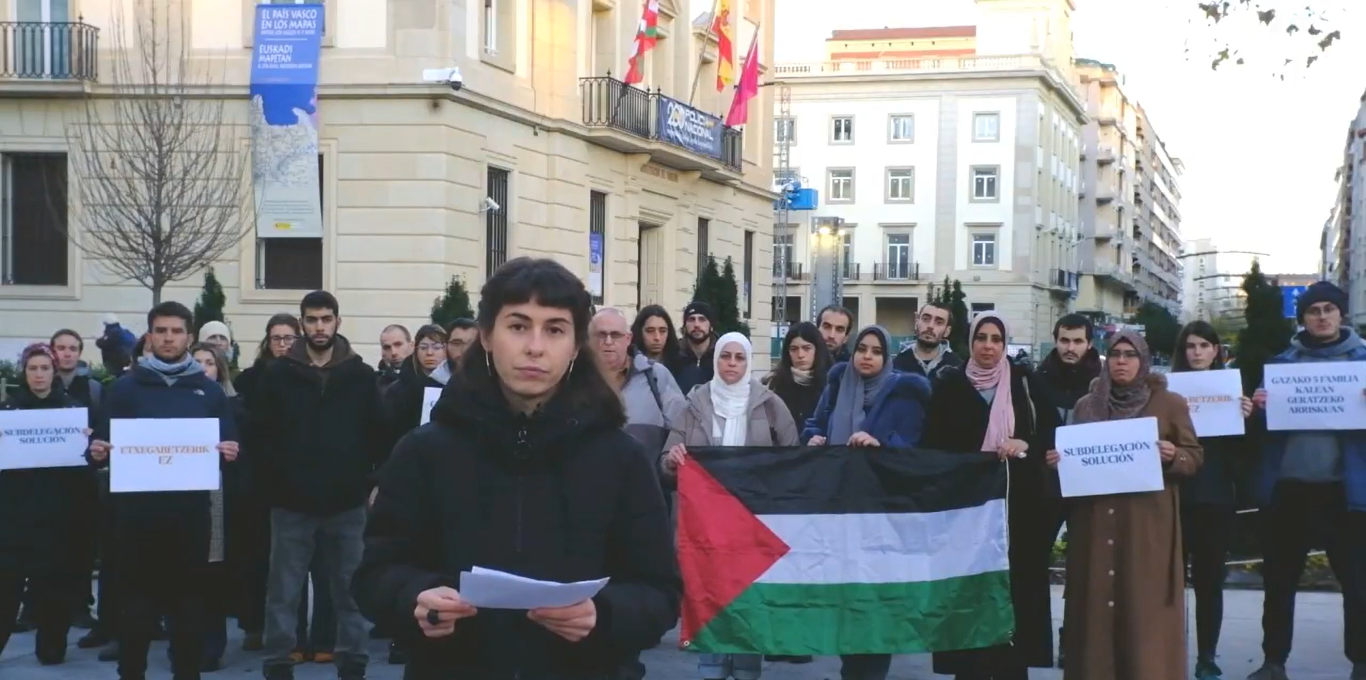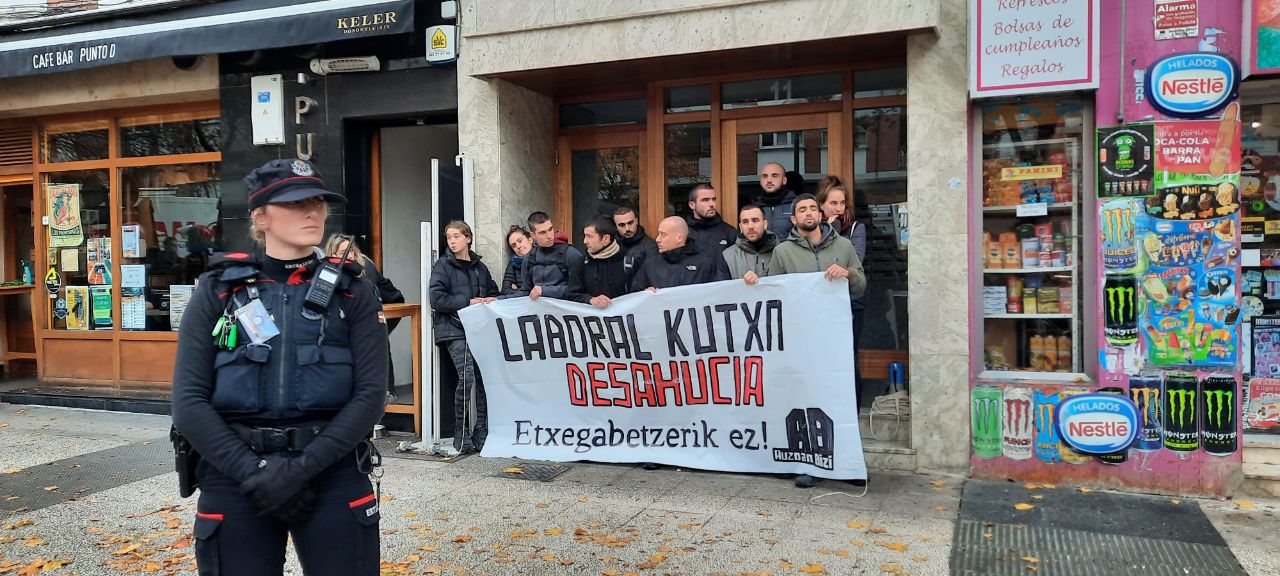281 evictions in Hego Euskal Herria in the first quarter of 2021
- In the period when evictions were allegedly taking place throughout the Spanish State, evictions in this area have increased by 13% in the first quarter of 2021. This increase has been reflected in Hego Euskal Herria, where the number of evictions has risen 47.8% between January and March in Navarra. In the CAV there has been no increase, although there has been a significant number of evictions. A wave of evictions is foreseen by the time the measures agreed upon on the occasion of the state of alarm are terminated.

The General Council of the Judiciary (CGPJ) published on Monday the report Effects of the Crisis on the judicial organs (data on the impact of the crisis on the judicial organs), which collects data for the first three months of 2021. The data collected in this paper show what has been pointed out in recent months by various groups and agents working in the field of housing: that in the face of the state of alarm the measures directed by the Spanish Government to the field of housing are not being effective in resolving the housing problem. The data speak for themselves: in the first quarter of this year, when eviction procedures were allegedly suspended, at the state level evictions have increased by 13%. With regard to the data collected, this increase has been reflected in Navarre, which has recorded an increase of 47.8% in the number of evictions, compared to 46 in the same period last year, which have been counted 68. There has been no increase in CAV, but far fewer evictions have not been recorded for the first quarter of last year: Between January and March, 213 evictions were recorded, 20 less than in the same period last year.
In response to the state of emergency, the Spanish Government launched a series of housing measures including the possibility of temporarily suspending evictions should tenants confirm their vulnerability. The data have shown, and in line with what has been pointed out so far by several, that critics to demonstrate the situation of vulnerability are not stuffed for many people at risk of eviction. As a sign of this, the Housing Union AZET of the Casco Viejo de Bilbao announced in May that it was forced to face three eviction commandments. When reporting on the situation, they stressed the following: “The few who offered us with the decree against the layoffs are over.”
? DISMISSAL DATES FOR MAY!
The war against the poor is under way and the few offered to us by the eviction decree are over.
The flood of evictions is about to come, but they will have us in front and organized!
Information and calls for dismissals at HARI? pic.twitter.com/kUa3VE3jJM
— AZET Sindikatua de Vivienda (@AzTaldea) May 3, 2021
In view of the fact that the state of alarm measures are still in force and that the evictions recorded in the first months of the year have increased, now that the evolution of the increase is unknown, the data warn of the possible upward trend. El País reported in March that, once the measures taken on the occasion of the state of alarm have expired, between 30,000 and 40,000 evictions are expected in the State.
Mortgage related evictions, on the rise
The Basque Stop Evictions platform has warned that the number of evictions for non-payment of the mortgage continues to increase, with the latest data provided by the General Council of the Spanish Judiciary. "In the fourth quarter of 2020, foreclosure in Euskadi courts grew by 42.5%, but the trend remains, as in the first quarter of 2021 it has increased by 34.6%," they say. According to the platform, this increase is linked to the new real estate credit law that came into force in February 2019 because it "bleached" the early maturity clause of mortgage contracts. "This clause allowed the entire loan to be claimed if a mortgage fee was not paid and the courts declared it to be abusive and void. Now, banks are sending a fax to ask for the full loan, but not on the early maturity clause, but on the basis of the new mortgage law," the platform explained.
Ez da gauza berria politikari profesionalak gizarteko arazoak estaltzeko ahaleginetan ibiltzea. Azkenaldian Denis Itxaso -EAEko Etxebizitza sailburua- entzun dugu etxegabetzeei garrantzia kenduz eta aditzera emanez gurean bazterreko fenomenoa direla; eta Begoña Alfaro... [+]
Azora putre funts alokairua igo eta mantentze lanak alde batera utzi ditu, Isaac Lagos eta bere familia etxebizitza uztera behartuz. Kaleratzearen aldeko epai bat jaso berri du maizterrak.
Etxera itzuli ahal izan diren arren, joan den azaroan kaleratu zuten Astrabuduko familia berriz ere arriskuan dago. Uribe Kostako Etxebizitza Sindikatuak salatu du mailegu-enpresa berriz ere saiatzen ari dela kanporatzea gauzatzen, oraingoan, desokupazio-enpresa bat... [+]
Azken egunak garrantzi handikoak izan dira Bartzelonan, etxebizitzaren aldeko mugimenduarentzat eta espekulatzaileen aurkako borrokarentzat. Urtarrilaren 28an, polizia-armada batek Raval auzoko Massana Zaharrari [zentro sozial okupatua] eraso egin zion goizaldean, aurrez abisatu... [+]








